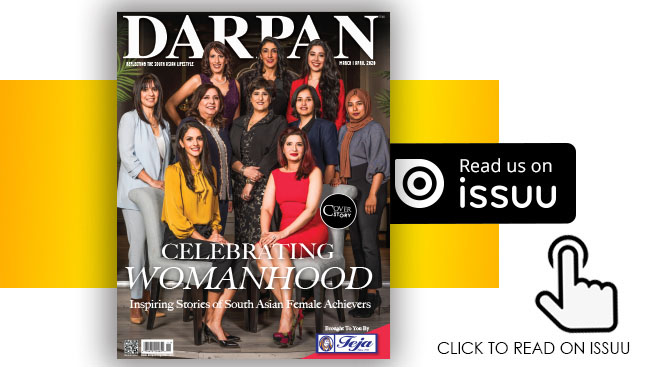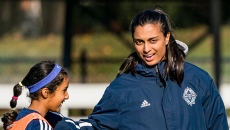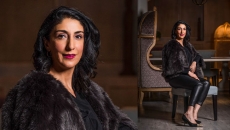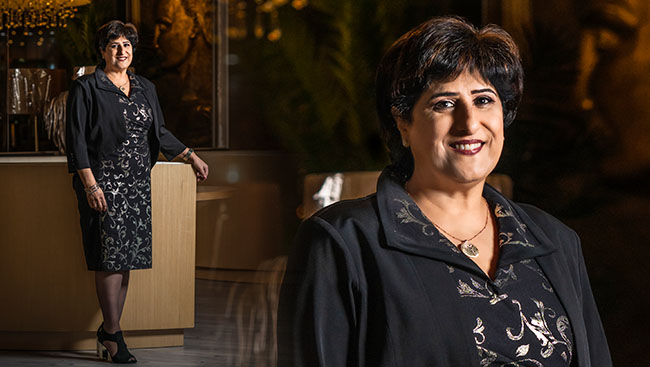Harsha Walia is an Activist, Author & Executive Director of British Columbia Civil Liberties Association
What does being a woman mean to you?
To me being a woman means a few different things. As South Asian women, we continue to face the incorrect assumptions that there are certain things we can and can’t do, whether that is in our personal lives or professional lives — and this overarching idea that women can only be in acceptable professions and have to get married and have children, and there is a set kind of pathway that we have to follow. So for me, being a woman is really defined by actually the limitations and assumptions that are put on womanhood, much more so than any universal experience of being a woman. For me being a woman is really a construct and an idea that is put on us by society and history more so than any reality.
What has been your biggest achievement professionally?
To be able to really define womanhood as entirely outside of the box, particularly for a Punjabi woman. I have pursued a very unconventional career; I am an activist, which is something very few people in our community do, even less for women to do. I’m also trained as a lawyer and I have worked in the Downtown Eastside and with communities that are very marginalized, which is also often frowned upon. My biggest achievements have been to really not feel boxed in by what I am told I should or shouldn’t do, and I have tried to be true to what I think, what I should be doing and most importantly what it means to be in alliance with other women. For me, it’s not about me as a woman; I am interested in contributing to how I can make all women have a better life. So my biggest achievement is to refuse an individualistic narrative; it’s not about me as a woman, it’s about how we can lift each other up.
Tell me about a milestone that defines your journey.
One milestone is that I am the Executive Director of the B.C. Civil Liberties Association, which is the oldest human rights and civil liberties organization in the country. It is the foremost legal organization that is working on these issues, and I am the first woman, first Punjabi woman, and first ethnic minority to hold that position. In terms of that, it is a milestone for what it means for other women in our community to think about the possibilities of that role.
What’s your advice for women who wish to follow your path?
I think for young girls interested in advancing social change, whatever that looks like for you, you will be told that it is a challenge and it is, but if we don’t do anything, nothing will change. But if we try changing, there is a big chance that together we can change things, whatever feels unequal or unjust in our worlds. I would say don’t listen to people who say that the world will not change because it has.
And if people like you are committed to changing it, then it will change. If you care about issues that have to do with social justice, human rights and equality for all people, then absolutely pursue that path and there is room and place for you.

Brought To You By: Teja Foods







